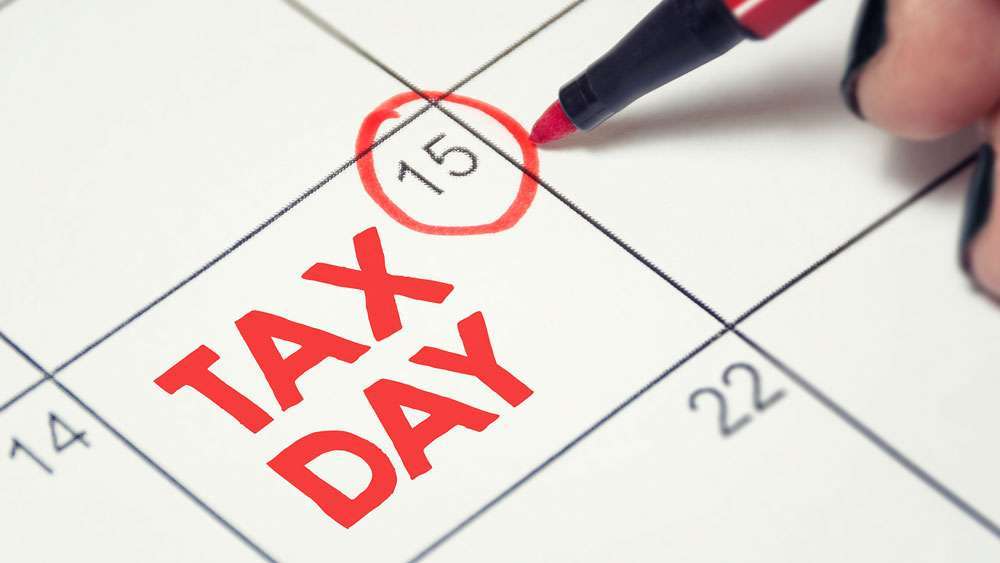Tax Day has come and gone, and you forgot to file. Now what?
If April 15 passed without you filing your taxes, there’s no need to panic. Here’s a comprehensive guide on what to do if you missed the tax filing deadline.
1. Assess Your Situation
Before taking any action, take the time to assess your financial situation and understand the extent of your tax debt. Gather all relevant documents — such as income statements, deduction records, and previous tax returns — to determine the amount you owe.
Having a bird’s eye view of your finances will lead you to the next step. If you need help with this, reach out to a tax professional who can help you file your taxes.
Find Out If You Qualify for Tax Help In Just Two Minutes.
2. File Your Taxes Immediately
If you have all your documents, file your tax return as soon as possible to prevent penalties and interest from accruing (more on that in a minute).
Even if you’re unable to pay the full amount of taxes you owe, file your tax return anyway and explore other options to repay your back taxes.
Click Here to Schedule Your Free Tax Consultation.
3. Understand Late Filing Penalties and Interest Fees
As if owing the IRS wasn’t bad enough, you can also be charged penalties and interest for not filing or paying. Remember that these compound over time, so it’s crucial to get your tax problem resolved as soon as possible.
Failure to Pay Penalty
This penalty is charged by the IRS when a taxpayer doesn’t pay the full amount of taxes owed by the filing deadline. This penalty accrues at a rate of 0.5% of the unpaid taxes for each month that the taxes remain unpaid, up to a maximum of 25% of your unpaid taxes — yikes!
Failure to File Penalty
The Failure to File Penalty is charged when a taxpayer doesn’t file their tax return by the due date or extension deadline. This penalty is more severe than the failure to file penalty and is calculated at a rate of 5% of the unpaid taxes for each month or part of a month that the return is late, up to a maximum of 25% of the unpaid taxes. If you file more than 60 days after the due date, the minimum penalty is the lesser of $435 or 100% of the unpaid tax.
Even worse, in some cases you could face both penalties. For instance, if you miss the tax filing deadline and fail to pay any owed taxes, you could be liable for both the Failure to File and Failure to Pay penalties. Typically, the IRS levies the Failure to File Penalty first, followed by the Failure to Pay Penalty.
Filing your taxes, even if you’re late in doing so, is the best way to minimize IRS penalties.
Get Help Filing Your Past-Due Tax Returns.
Get Professional Tax Assistance
If you’re unable to pay your tax debt in full, the IRS offers payment options. These options include installment agreements, where you can pay off your tax debt over time in monthly installments, or an offer in compromise, which allows you to settle your tax debt for less than the full amount owed if you meet certain criteria.
Back taxes can be complex, especially if you’re unfamiliar with tax laws and regulations. An easy first step is to schedule a free consultation with one of TaxAdvocates’ verified tax professionals. With years of tax experience under their belts, they’ll make sure your tax issues get resolved for good.
Click here to schedule your free consultation in just two minutes.
